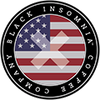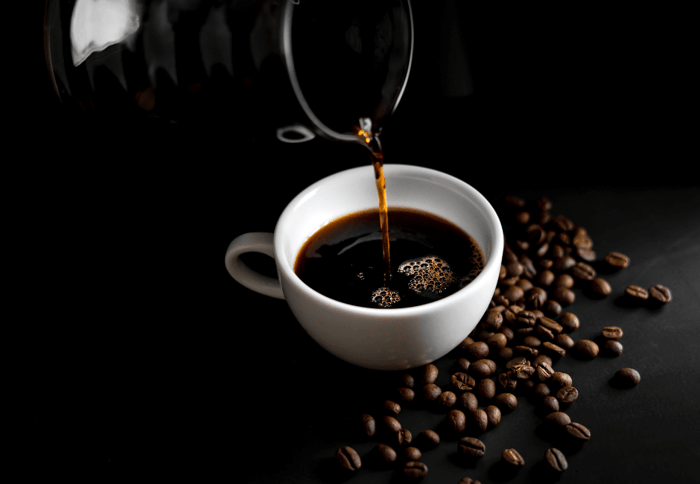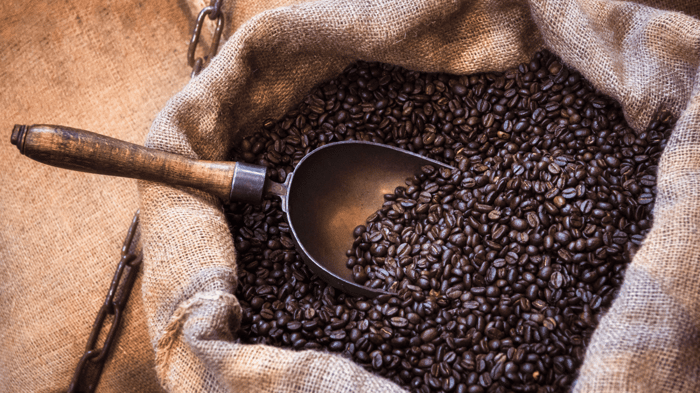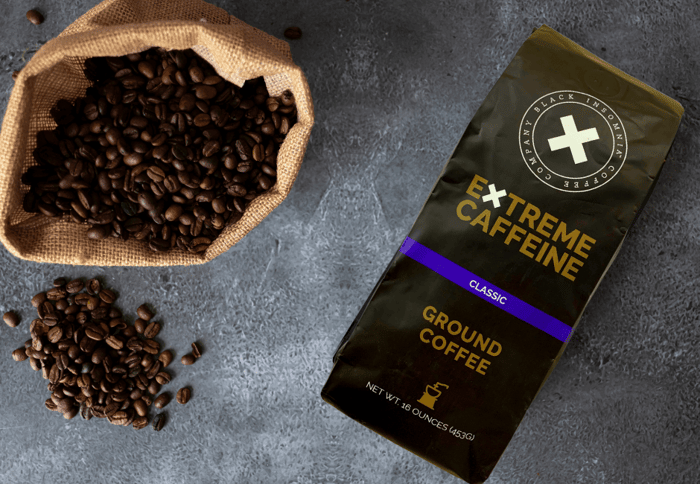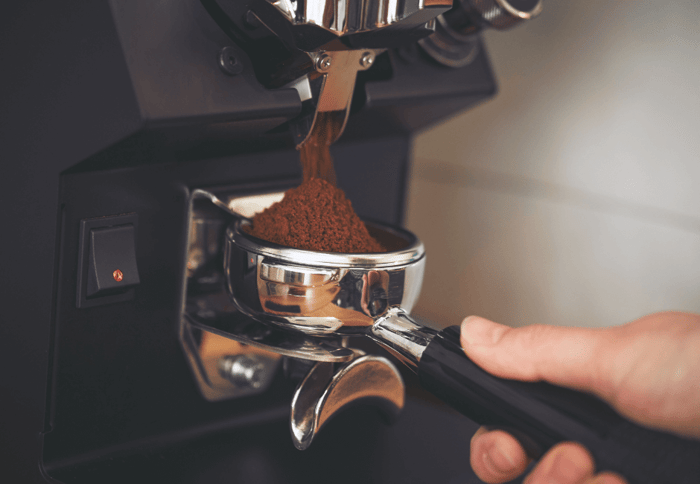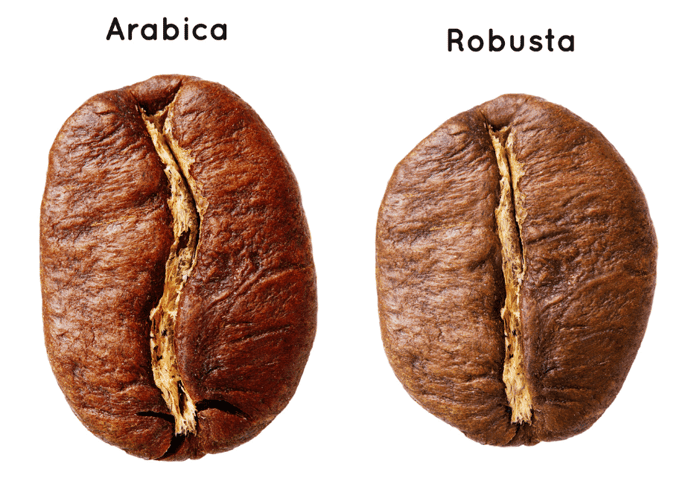There’s something about black coffee that just makes it irresistible—well, to people who really love coffee, at least. It’s strong, it’s bold, it’s full of complex flavors, and if you’re a coffee lover, chances are you’ve had your fair share of coffee served black.
So make yourself a cup of the strongest black coffee you can find, sit back, relax, and let's put it all on black.
Q: What is "black coffee?"
A: Black coffee is simply coffee that has been brewed without any additives like milk, sugar, or flavorings. Many people enjoy it for its intense, bold coffee flavor. Conversely, many people hate it for its intense, bold coffee flavor.
Strong coffee is definitely an acquired taste—though some people seem to acquire it more readily than others. (Most of us acquire it when we become adults, though not everyone matures at the same rate.)
Q: So what is it about black coffee that makes it so special?
A: Well, its unspecialness, for starters. Black coffee is coffee in its purest form, without any added flavors or sweeteners. That means that if you’re looking for a cup of coffee that’s truly representative of the beans (and the region) it was made with, black coffee is your best bet.
The beauty of black coffee is that it's a "blank canvas." You can add whatever you want to it—or drink it plain and enjoy minimalism at its most caffeinated.
Q: Does black coffee have calories?
A: A cup of black coffee has almost zero calories—less than 5 calories, in fact. That's because it's just coffee and water. The only thing that can add calories to black coffee is if you start adding things like milk, sugar, or flavorings.
So if you're trying to cut down on calories, or just keeping an eye on your weight, black coffee is a great choice.
Q: Does black coffee break a fast?
A: This is a common question among people who are intermittent fasting. The answer is pretty much up to interpretation.
Black coffee technically does have calories, so some people say that it breaks a fast. Others argue that since the calories are so low, it doesn't technically break a fast.
If you're doing a true fast where you're consuming nothing but water, then black coffee would technically break that fast. However, if you're doing a more relaxed form of fasting where you're avoiding solid food but allowing yourself some calories in the form of liquid, then black coffee would probably be fine.
At the end of the day, it's up to you to decide what works for you. (For more, see: Can You Drink Coffee While Fasting?)
Q: What’s so great about drinking black coffee compared to other coffee?
A: Drinking black coffee has several potential benefits. For one, it can give you a boost of energy. Coffee contains caffeine, which is a natural stimulant. It can also improve your mood and help you focus.
Black coffee is also a good source of antioxidants. These are nutrients that can help protect your cells from damage. They can also help reduce inflammation, which has been linked to several chronic diseases. The American Heart Association even recommends drinking coffee in moderation for heart health—as long as it's not decaf. (I guess even they can't stand the stuff.)
Finally, drinking black coffee can help you burn fat. That's because caffeine increases your metabolism. It also helps to reduce your appetite, so you'll be less likely to snack or overeat.
Of course, you could say that the majority of brewed coffee has most of these benefits as well—it's just that once you start involving sugars, syrups, creamers, and other flavorings, you start muddying the nutritional waters. To get the benefits of coffee's caffeine and antioxidants in a "purer" form, black coffee is your best bet.
Final Thoughts
Like drinking a cup of tea without any additives, black coffee is an acquired taste for some people. But once you acquire it, you may find that you enjoy the stronger flavor and the potential health benefits without all the extra calories and sugars.
Give coffee in its strongest form a try—you might just become a convert.
